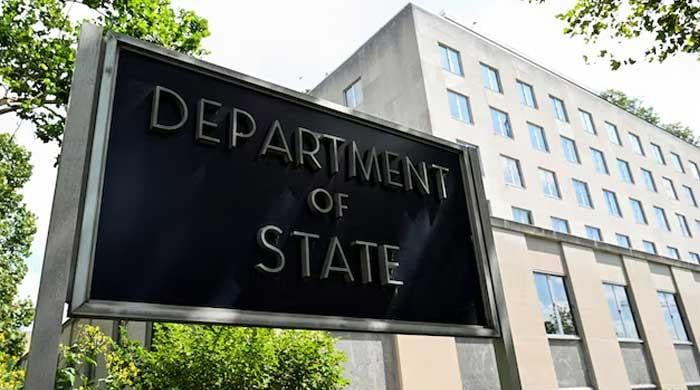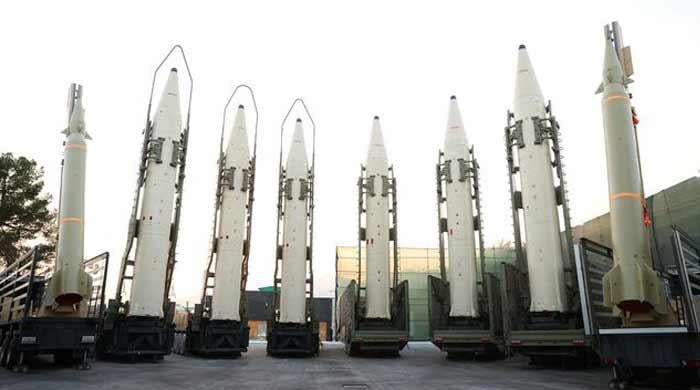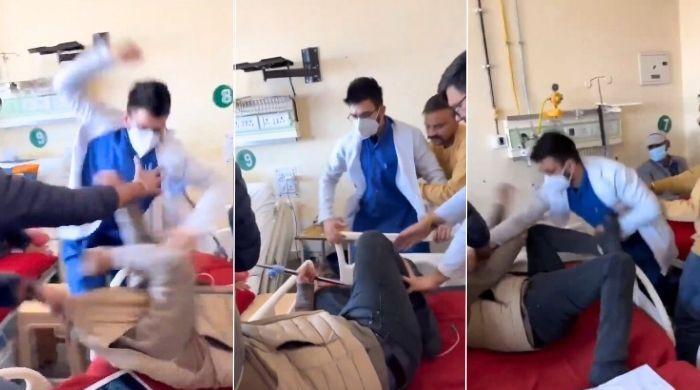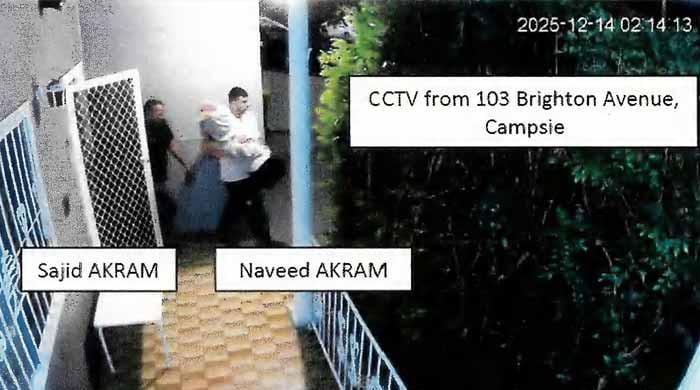Malala shares how nine years later, she is 'still recovering from just one Taliban bullet'
Malala discloses that two weeks ago, she underwent the latest surgery "to repair the Taliban’s damage to my body"
August 24, 2021
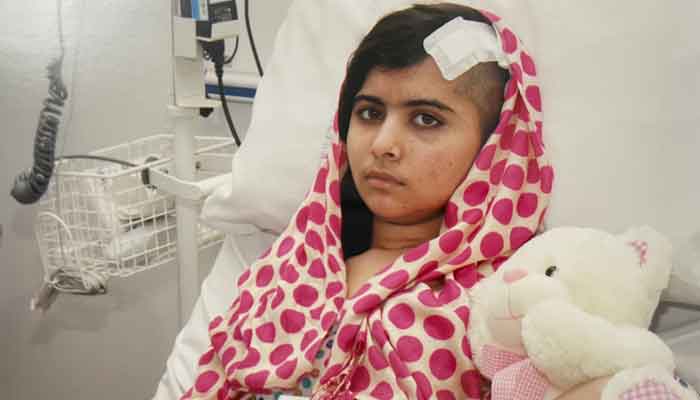
Nobel laureate Malala Yousufzai on Tuesday shared a gut-wrenching photo from nine years ago, when she was shot by the Taliban, revealing that even after all this time, "she is still recovering" from that one bullet.
"Nine years after being shot, I am still recovering from just one Taliban bullet," she wrote on Twitter, while sharing a link to her latest Podium bulletin.
Malala, 23, survived being shot in the head by a Taliban gunman in 2012, after she was targeted for her campaign against their efforts to deny women education.
In the bulletin, Malala disclosed that two weeks ago, she underwent the latest surgery "to repair the Taliban’s damage to my body".
"On August 9 in Boston, I woke up at 5am to go to the hospital for my latest surgery and saw the news that the Taliban had taken Kunduz, the first major city to fall in Afghanistan. Over the next few days, with ice packs and a bandage wrapped around my head, I watched as province after province fell to men with guns, loaded with bullets like the one that shot me," she said.
The bulletin goes on to describe the horrific day she was shot, all the procedures she underwent in the days and years after, and how a portion of her skull sits on her bookshelf, a constant reminder of the many losses she has endured.

She was fortunate enough to have survived the shooting, and is acutely aware others under Taliban occupation have not been so lucky.
"The people of Afghanistan have taken millions of bullets over the last four decades. My heart breaks for those whose names we will forget or never even know, whose cries for help will go unanswered," she wrote.
Malala, who has in these years championed for the rights of women, especially young girls, is worried about what the future holds for Afghan women, now once more under Taliban rule.
She said she made frantic calls as soon as she was well enough to, following her surgery.
"As soon as I could sit up again, I was making phone calls, writing letters to heads of state around the world and speaking with women’s rights activists still in Afghanistan. In the last two weeks, we’ve been able to help several of them and their families get to a safe place. But I know we can’t save everyone," she wrote.
"When the Taliban shot me, journalists in Pakistan and a few international media outlets already knew my name. They knew that I had been speaking against the extremists’ ban on girls’ education for years. They reported on the attack and people around the world responded.
"But it could have been different. My story might have ended in a local news item: '15 year-old shot in the head'.
"Without the crowds of people holding 'I am Malala' signs, without thousands of letters and offers of support, prayers and news stories, I might not have received medical care. My parents certainly wouldn’t have been able to cover the costs on their own. I might not have survived," she went on to say, in gratitude of the global support received over the years.
Read the full bulletin here.
Taliban's treatment of women a 'red line'
In a parallel development, the UN rights chief voiced grave concern today at the situation in Afghanistan, saying the hardline Taliban's treatment of women is a "fundamental red line".
Speaking at an emergency session of the Human Rights Council on Afghanistan, Michelle Bachelet urged the Taliban to honour commitments to respect the rights of women and girls, and of ethnic and religious minorities, and refrain from reprisals.
"The onus is now fully on the Taliban to translate these commitments into reality," she said.
"A fundamental red line will be the Taliban's treatment of women and girls," she said, urging "respect for their rights to liberty, freedom of movement, education, self expression and employment."
The Taliban have continued their conciliatory messaging put out by the movement since their lightning seizure of Kabul on August 15.
Taliban support women's rights, free media under Islamic law: spokesman
The spokesperson, Zabihullah Mujahid, today claimed women that once security is established, women can return to their workplaces as normal.
Earlier this month, in his first media briefing since the takeover, he said that women will "work with us shoulder-to-shoulder".
"The Islamic Emirate is committed to the rights of women within the framework of the Sharia. Our sisters, our women will have the same rights, and will be able to benefit from them.
"They can have activities in different sectors and areas on the basis of our rules and regulations — in education, health and other areas," he said.





